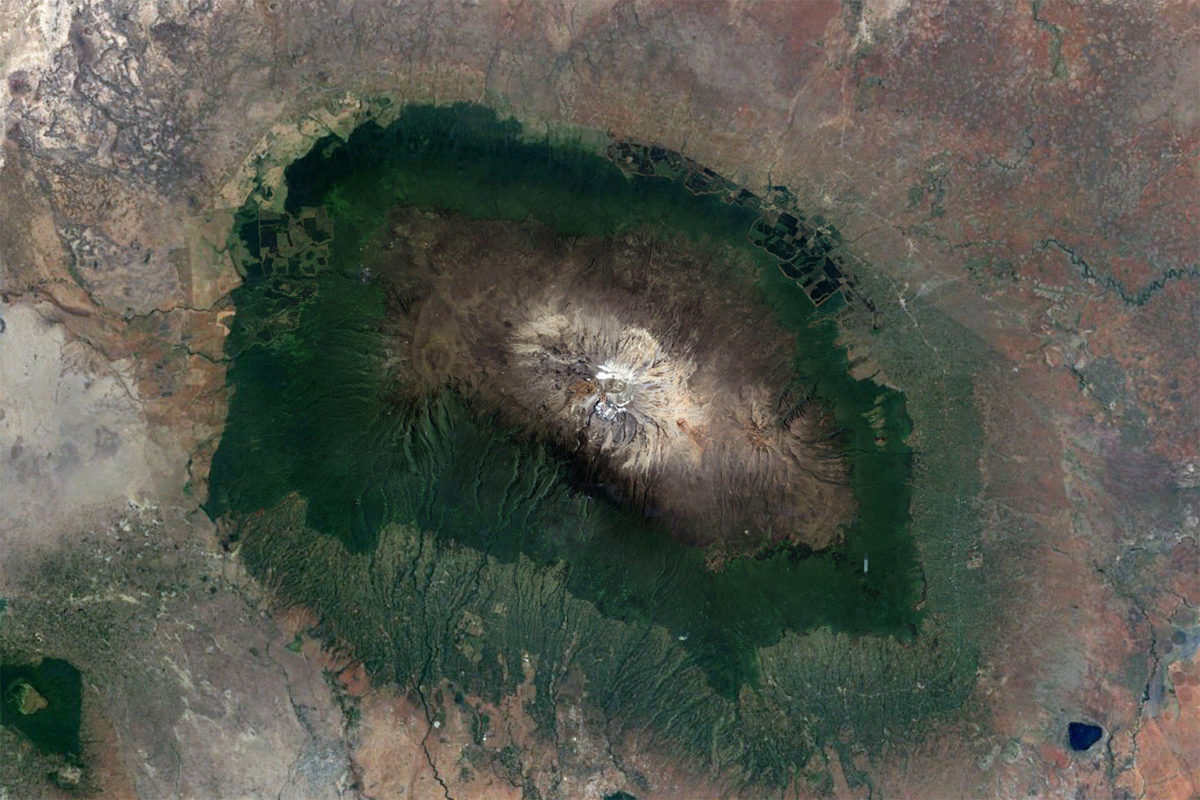2020 was supposed to be the year for evaluating the past decade’s progress in meeting biodiversity conservation targets and setting the agenda for the next decade. But then the pandemic hit, plunging the world into hardship and uncertainty, prompting postponements of global meetings, and pushing biodiversity to the back of most people’s minds. But the nature of a pandemic brought on by a zoonotic virus had an unexpected effect: It catalyzed much greater awareness that human health is underpinned by a healthy planet. This realization sparked a surge in interest in concepts like the “One Health” approach to manage ecosystems, wildlife and livestock, and economies to promote resilience and reduce the risk of disease transmission from animals to people. Today, actors ranging from CEOs to politicians to celebrities are talking up the importance of biodiversity.
At the same time, the U.N. Convention on Biological Diversity (CBD) has continued to move forward despite the postponements. Planning meetings and negotiations have shifted online, allowing participation by parties who might otherwise not have had the resources to join in-person talks.

Elizabeth Maruma Mrema, the executive secretary of the CBD, says the push to strengthen a global framework for addressing the extinction crisis has gained “great momentum” despite the pandemic.
“Despite the ongoing pandemic, our preparations and negotiations on the post-2020 global biodiversity framework have advanced well, we are still on track to develop a robust and ambitious post-2020 global biodiversity framework,” Mrema told Mongabay during a recent interview.
“We have seen, notwithstanding the pandemic, great momentum build up over the last year. Biodiversity has received a lot of attention. People are starting to connect the dots, and see its importance for achieving, for instance, the Sustainable Development Goals. People in general are now more aware that continued biodiversity loss and degradation of ecosystems presents a fundamental risk to the healthy and stable ecosystems that sustain all aspects of our societies; and that it reduces the ability of biodiversity and ecosystems to provide essential life-sustaining services, from food security and nutrition to the regulation of water and air quality, but also pest and disease regulation.”

Mrema says evidence of the growing government interest also comes from last September’s U.N. Summit on Biodiversity, when “a record” number of countries addressed the meeting.
Accordingly, Mrema expressed hope that the post-2020 global biodiversity framework would be stronger than the Aichi Biodiversity Targets set in 2010, which failed to meet any of their goals.
“World leaders fully recognize that the continued deterioration and degradation of Earth’s natural ecosystems are having major impacts on the lives and livelihoods of people around the world. Thus, the pandemic has had the effect of stepping up global ambition and commitments on nature to ensure a sustainable future for all, and has set in motion the political momentum needed to develop a robust and ambitious post-2020 framework that sets countries on the path to a sustainable future.”

Mrema discussed how her humble beginnings in a village on the slope of Mount Kilimanjaro in Tanzania influenced her career, how the conservation sector has evolved since she got her start in the 1990s, and her outlook for the U.N. Convention on Biological Diversity during an April 2021 interview with Mongabay founder Rhett A. Butler.

